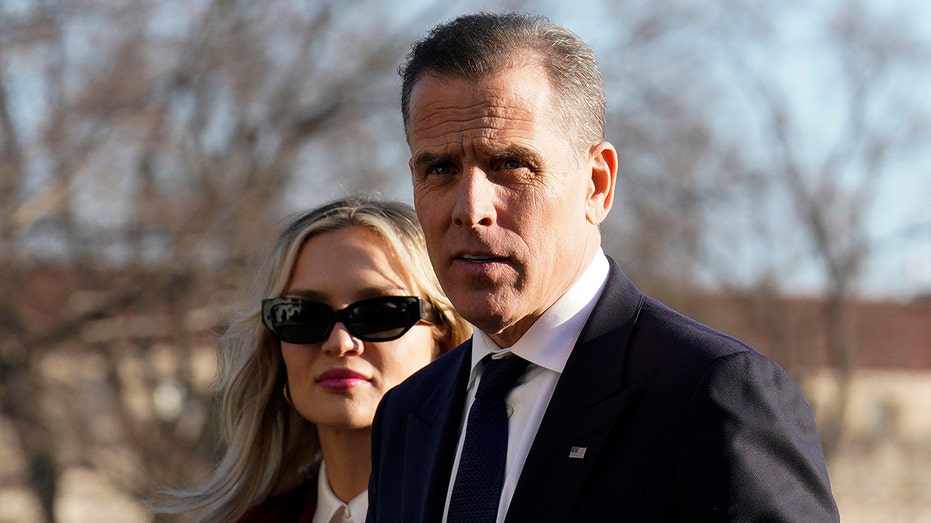Pete Hegseth, the Secretary of Defense, wants to change the name of the Department of Defense to the War Department, perhaps reimagining a less complicated time when the nation only had to win World War II and did not have to deal with the social issues of today. One of which is the issue of transgender service in the Armed Forces. Unlike bisexuals, gays, and lesbians with the “Don’t Ask, Don’t Tell Repeal Act of 2010,” transgender service and enlistment policy in the U.
S. Military is not codified and set by law. Consequently, policy changes are common as administrations come and go.

Since 2016, there have been five major policy changes, the last of which was one of President Biden’s first acts following his inauguration in January 2021. Per that executive order, transgender individuals were allowed to enlist, serve, and obtain publicly funded gender-affirming surgeries. Following his confirmation by the Senate, Secretary Hegseth changed that policy to one that prohibits transgender service in accordance with President Trumps executive order limiting governmental use of gender to man and woman.
I do not know the details of his rationale for this change, but after over 33 years of service in the Army and command at every level, from platoon to division, I am confident that I know and understand most of his thoughts on this subject. The prize of publicly-funded surgeries most assuredly incentivized transgender enlistment. This is not meant to cast aspersion on the individual motivation to serve the country.
Still, those surgeries are expensive and require long recovery periods and resources that are not ordinarily available to the age group that most need it. Following enlistment, these individuals are trained for and assigned duties that allow them to be productive members of an organization whose mission is to close with and kill the enemy or support those who do. Until, that is, they are given “sick leave” for an extended period while they undergo surgery and recover from it.
Supporters of this policy say that it is just one soldier, but he may be the machine gunner in an infantry squad, the skilled mechanic who maintains an airplane’s jet engine, or the pilot of that plane. His loss is critical for the organization he is assigned to, and its readiness for combat is degraded, putting all the other members in danger. I have experienced the chaos that comes from last-minute personnel turnover.
In 1975, the infantry battalion I commanded was sent to Germany on a six-month tour of duty. Policy dictated that the battalion be at 95 percent strength or better. It also prescribed that soldiers in several categories, including sick and injured, were non-deployable.
Roughly 30 percent of my soldiers were disqualified, which meant they were replaced with soldiers from other units who were less than happy to be transferred. This turnover affected morale, training and readiness for weeks as we prepared for deployment, and will be an ongoing problem absent the new policy. Secretary Hegseth’s change to this policy is a first step to increased readiness of our Armed Forces.
But there is a downside. It is overly broad and unjust for those transgender individuals currently serving. They enlisted under the old policy and are now, evidently, being discharged under the new policy.
A district judge has halted the implementation of the new policy following a lawsuit on behalf of two of those affected. There should be exceptions for those who qualify and have served honorably. But that does not mean that military services should continue to allow transgender enlistment complete with gender-affirming surgery.
There is no civil right to serve in the military. Intellectual, physical, and emotional standards are enforced daily as potential enlistees are evaluated for service. Those who do not meet the standard are rightly rejected.
Transgender individuals who seek surgery on the taxpayer dime do not meet the minimum standard and should be refused entry. In another court, another judge ruled that the policy could not be changed and issued an order to that effect. Her reasoning is unclear to me, but it seems to support sexual rights or something similar.
It is a surprise outcome given the Constitutionally-assigned duties of the executive branch. It is also a trap. President Trump should not ignore this injunction.
Let the courts decide. And one last wish on my part: Please stop calling those who oppose you names. Debate them on the merits of your position politely, as befits the president of the United States of America.
And, by the way, I think “War Department” rocks!.
Politics

TAYLOR: Policy changes and social issues collide

Pete Hegseth, the Secretary of Defense, wants to change the name of the Department of Defense to the War Department, perhaps reimagining a less complicated time when the nation only had to win World War II and did not have...















